This site uses cookies, by continuing to use this site you are agreeing to their use. Learn More
rochester
This site uses cookies, by continuing to use this site you are agreeing to their use. Learn More
rochester
| Click on the thumbnails to get a larger picture, then on |
|
on the top LHS of the screen to return to this page. |
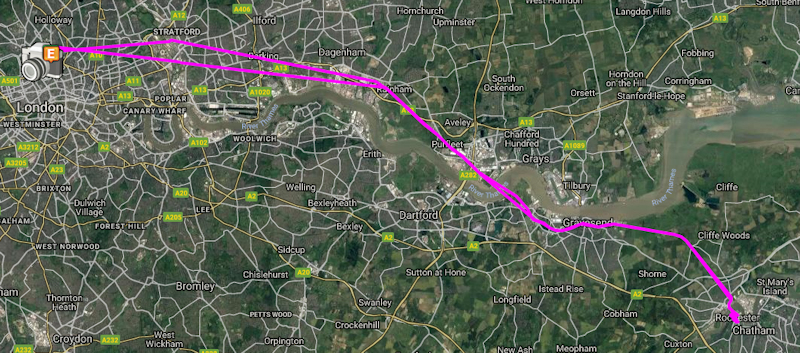
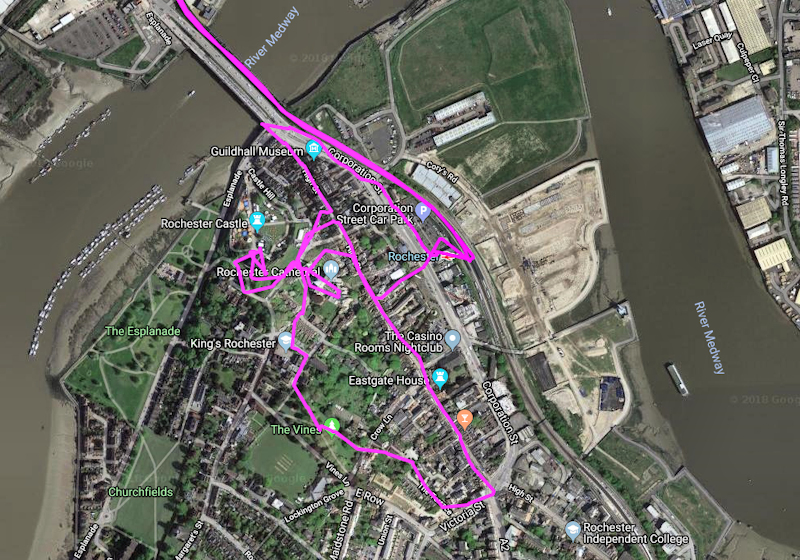
Logger above, gps below
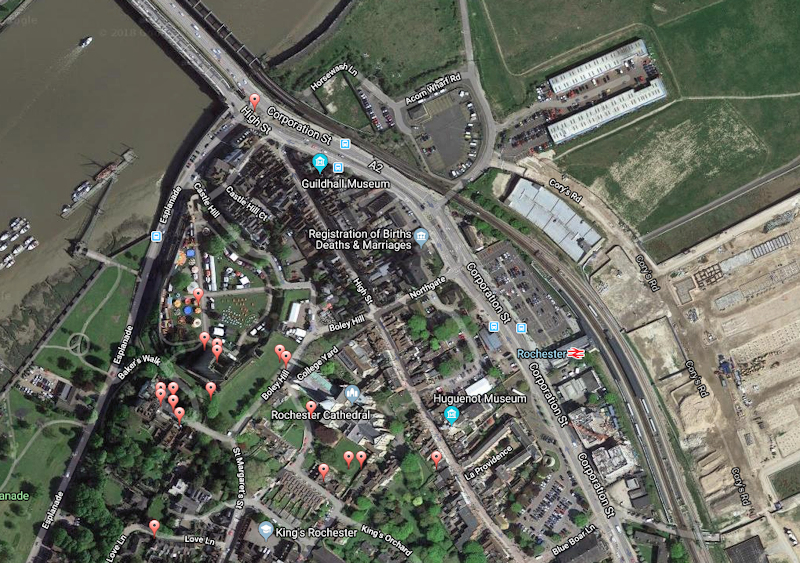
We picked up the javelin train at St. Pancras and enjoyed a smooth ride to Rochester. It was a grey day
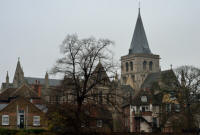 Rochester Cathedral from the Station |
We had a good cup of coffee and enjoyed some paper art |
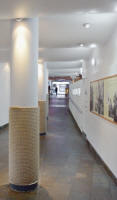 |
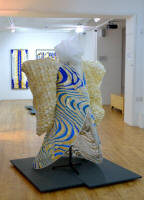 Front and back 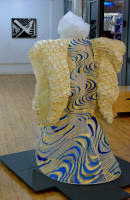 |
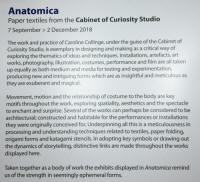 |
 Shoes and shadows |
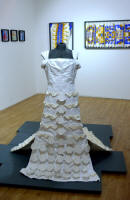 Wedding dress |
|
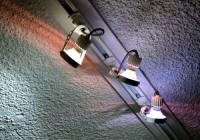 Colours produced from the lightshades |
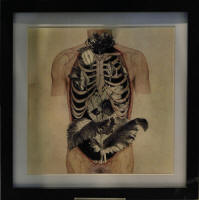 Floral guts |
 Cloud effect |
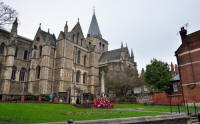 War memorial and cathedral |
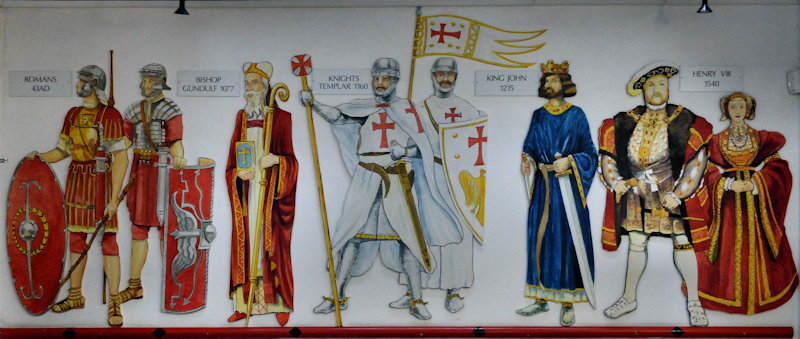 People associated with Rochester. This does not enlarge |
|||
| The High Street was full of individual shops |
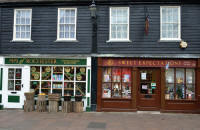 |
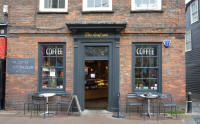 The deaf cat |
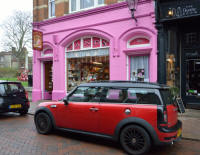 |
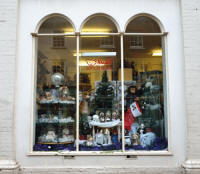 Steiff shop |
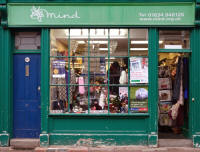 |
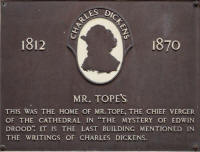
|
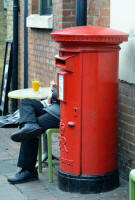 |
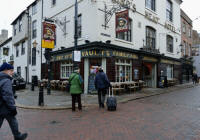 King's Head |
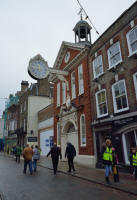 |
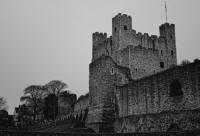 Rochester Castle |
|
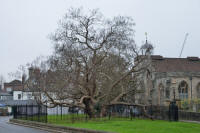 Catalpa bignonioides - Indian Bean Tree |
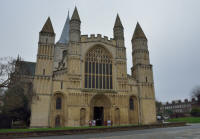 Rochester Cathedral West Front |
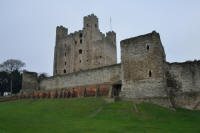 |
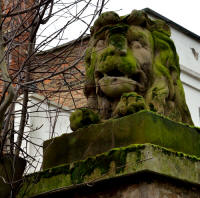 |
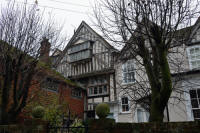 Bulgy wall below the window |
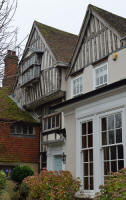 |
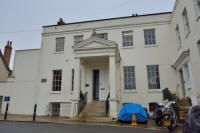 Satis House |
 Solanum crispum album |
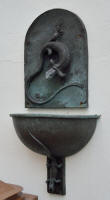 Lizard |
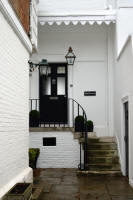 Whitefriars |
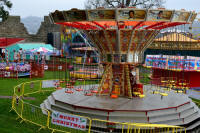 Funfair for Christmas |
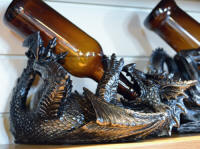 Dragons holding beer bottles |
| We walked around the inside of the castle. The stone used in the building was Kentish Ragstone |
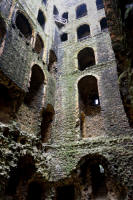 |
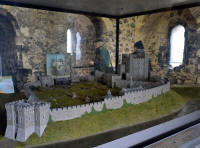 Model of the castle |
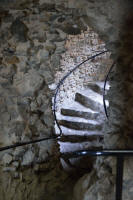 Staircase |
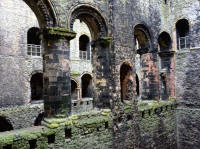 |
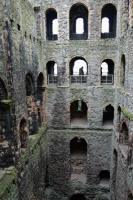 |
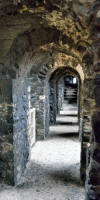 |
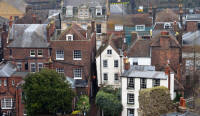 |
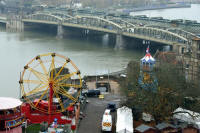 Funfair and bridge |
Submarine U-475 - Black Widow A Soviet Navy submarine of the Cold war period. She had a total length of 67.10 m (220 ft 2 in), a pressure hull length of 50.50 m (165 ft 8 in), a beam of 6.20 m (20 ft 4 in), a height of 9.60 m (31 ft 6 in) It is now in private hands. It is currently moored at Strood, on the River Medway, in South-East England. |
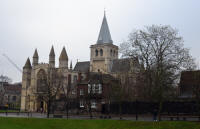 Rochester Cathedral |
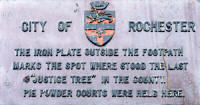 This was the site of the last “Justice Tree” in the county of Kent – the ‘justice’ being meted out by the Court Leet – and consisting in the most serious cases of hanging on the gallows or Justice Tree (Also known as the ‘Grief Tree’, the ‘Gallows Tree’, the ‘Justice Tree’ or simply ‘The Tree’.) On the 3rd February 1820 the last public hanging took place in Rochester – that of a busking bagpipe player Duncan Livingstone who murdered his 10yr old assistant. His body is interred under the castle walls. |
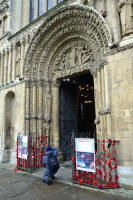 |
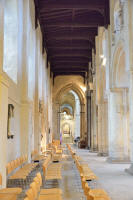 |
||
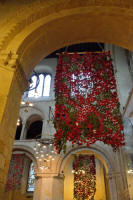 Poppy display |
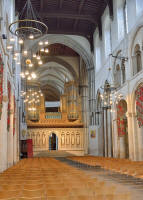 |
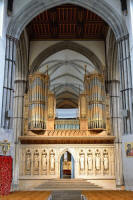 |
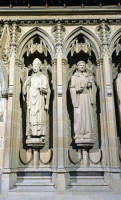 |
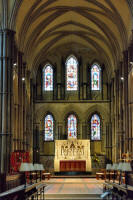 |
 Ancient wall painting |
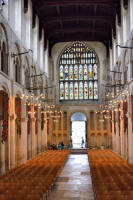 Towards the main door |
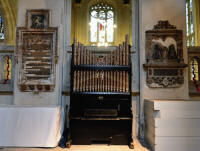 Organ |
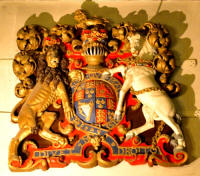 |
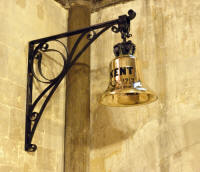 Bell from the 9th and 10th Cruisers called HMS Kent |
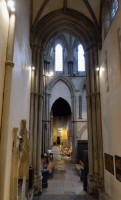 |
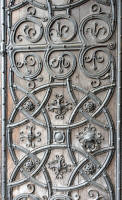 Carved door |
|
In 1901, the ninth HMS Kent was built at Portsmouth as a heavily armed first-class cruiser. At the outbreak of World War I she sailed for the South Atlantic and joined Vice Admiral Sir Doveton Sturdee’s squadron seeking to destroy a German squadron under Admiral Graf Von Spee. For seven hours she chased the German cruiser Nürnberg before sinking her. The tenth HMS Kent, one of the first County class cruisers, was built in Chatham Dockyard and launched in 1926. For eleven years she was flagship of the China Fleet, a prestigious symbol of Britannia ruling the waves during the last years of the British Empire. After returning to Chatham, she sailed in 1940 to escort convoys in the Indian Ocean before transferring to the Mediterranean. Operating off the North African coast she received a direct hit from a torpedo dropped from an Italian bomber. Eventually she returned to Devonport but whilst being refitted was damaged by a bomb dropped on the dockyard. Repairs were finally completed and she took part in the notorious Arctic convoys to Russia seeing active service off Norway in 1944. Her distinguished career came to an end when she was broken up in 1948. |
|||
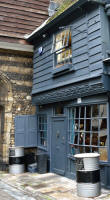 |
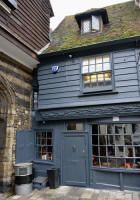 |
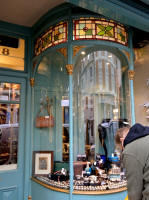 |
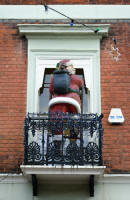 |
 |
We had a late lunch at a very crowded Wetherspoons |
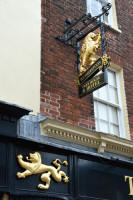 |
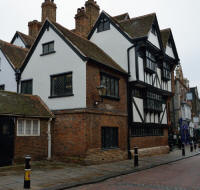 |
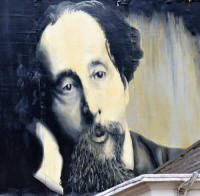 Charles Dickens |
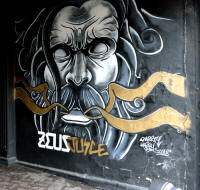 Not Charles Dickens |
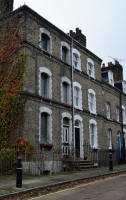 |
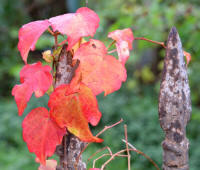 Virginia creeper |
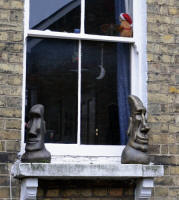 |
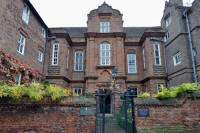 Restoration House in Rochester, Medway, South East England, is a fine example of an Elizabethan mansion. It is so named after the visit of King Charles II on the eve of his restoration. Charles had landed in Dover on 25 May 1660 and by the evening of the 28th arrived in Rochester. |
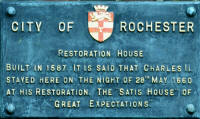 |
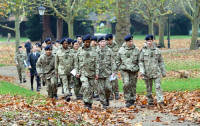 CCF |
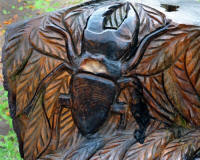 |
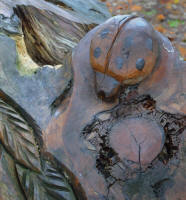 |
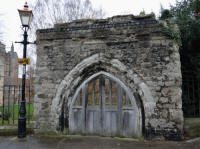 |
|
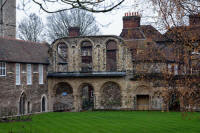 |
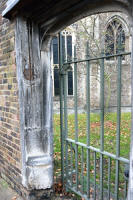 Old oak gate post |
 Heps |
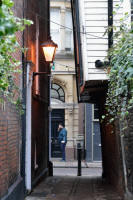 |
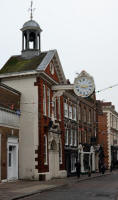 Famous Great White Clock of Dickens Dinglebury Arms |
 |
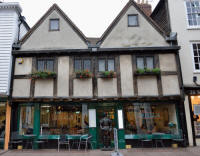 |
 |
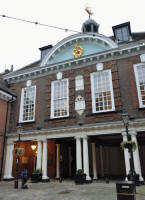 Guildhall museum |
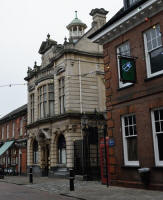 |
 |
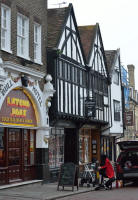 |
|
Guildhall Museum |
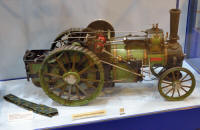 Traction engine |
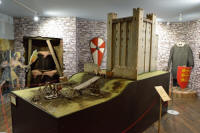 Rochester Castle |
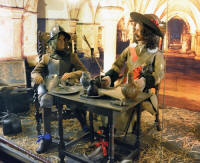 |
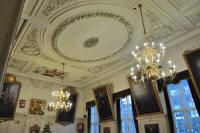 |
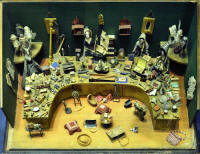 |
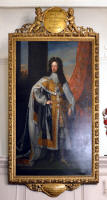 William III |
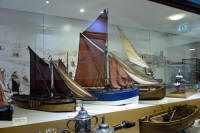 Fishing boats |
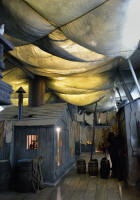 |
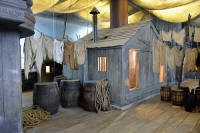 Life below decks |
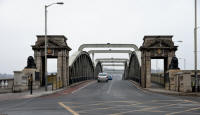 Bridge over the Medway |
We had a trouble free journey home. It had been a grey day, but enjoyable |